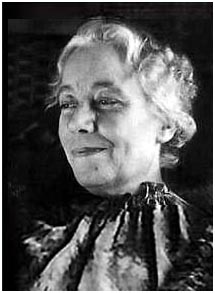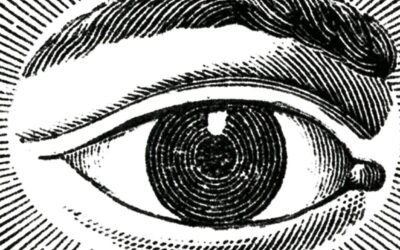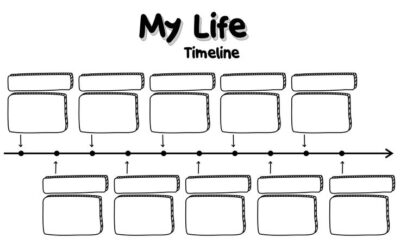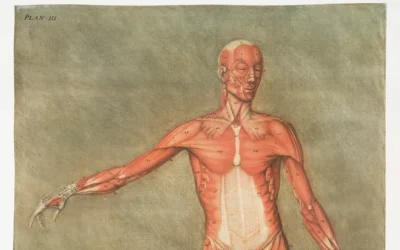Karen Horney Part 2/4

Moving Towards People
Karen Horney was a German psychoanalyst. Her career came into prominence in the nineteen
twenties when she formed theories on human attachment and neurosis that split from Freud’s
key ideas. Horney’s theory of personality development and individuation are still highly relevant
to modern theories of personality, attachment psychology and psychological trauma.
Horney observed that children deploy three different coping styles during the time they are
individuating from the mother. Ideally children learn mastery in the three different styles. In
imperfect situations infants become over dependent in one style and form a neurotic and rigid
personality style. This second part of a four part article will explore the moving towards people
personality style.
The first coping strategy that children will attempt in order to retain the connection with the
mother during individuation is to ask for help Horney called this stage moving towards people.
As infants we cry in order to make our mothers come running to our aid. If our mother’s continue
to come running to our aid for the rest of childhood however, this can impair our development as
we fail to learn to solve our own problems internally or assert ourselves. In extreme cases
where mothers will not separate from a child to allow room for experimentation with assertive
aggression or self soothing behavior the child becomes neurotic and co-dependant in the
moving towards people style.
People and characters with this level of impairment see the entire world in terms of their mother
and never learn to make their own judgements or form their own values. What would mother
think of this? That is against mother’s rules. Another force like a charismatic leader, romantic
partner or social identity may replace the actual mother at some point, but the inability to be a
separate person will remain. Persons over dependent on another person or group's ego have
no ability to self soothe without the warm glow of the surrogate mother’s approval and ability to
define rules and worth.
Horney calls this neurosis the need for affection and approval. The sense of self in people with
this personality type is incredibly diffuse as they are not able to watch others withdraw their
approval even for good reason. The psychologist Albert Ellis used to tell his patients that “It is
pathological to want to be liked by everybody all the time”. I often tell mine that “There are times
when the loving or the honest thing to do is to piss someone off”. When we cannot stand to see
our standards judged by other people it means that we cannot have a stable sense of self with
authentic standards for self worth.
This need often manifests as a form of codependency in relationships or friendships as people
try to replace the stabilizing presence of a controlling caregiver with a different set of rules and
boundaries. We learn to tolerate the anxiety of not knowing what to do and being forced to
choose early in life. When we have not been allowed to adapt to making small choices over the
life course we decompensate in the face of larger overwhelming choices about our life and
identity.
In therapy I encounter patients who have had a controlling caregiver, and a corresponding
inability to develop their own sense of identity. I start by asking them simple questions about
who they are. Patients with an underdeveloped sense of personal identity will often have no
idea what their basic preferences and beliefs are. Often they will have found an abusive partner
or a rigid social, political, or religious group to fill up the “blank” spaces in their identity with. In
healthy partnerships we are allowed to maintain our own sense of identity while still participating
in a group affiliation or romantic partnership.
I always frame the therapy with these patients as an exciting adventure that we are going on
together. We are going to discover who the patient is and who they want to become. Patients of
this coping style often will try and figure out what the therapist wants them to do and what the
“new rules” that the therapist has for their life are. Their primary fear is that they will do
something “wrong” and don't know what the “right” answers are to their life questions. I tell
patients that “You are the only best expert in how to be you”.
While the freedom and gray area of this kind of personality development therapy is initially
terrifying to patients, eventually this style of therapy becomes exhilarating as patients reconnect
to a long absent sense of self. Even though patients present to therapy blank and indifferent
about their, often abusive and traumatic history, they will start to recognize moments in the past
when they had a strong emotion or a preference that was dismissed by a caregiver or a partner.
“I was so angry that my clothes were picked out for me every day”. “I was told that good
christians don’t go to prom”.
Not all people in the moving towards people neurotic type will use a partner to try and
complete their functioning. Oftentimes I have patients with social and intellectual gifts that use
admiration, fame or envy in order to move towards people. Many people seek fame or attention,
but those with a moving towards people neurosis will not be able to function without
admiration of others. These patients are not able to determine the value or morality of their
behavior without group approval.
This is a 4 part article on Karen Horney’s theories. This is part 2 of 4.

















0 Comments